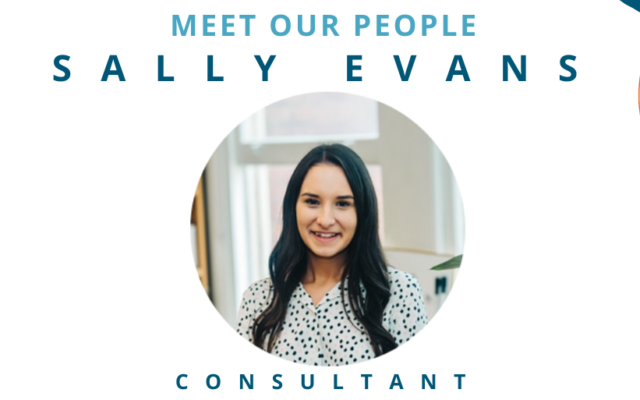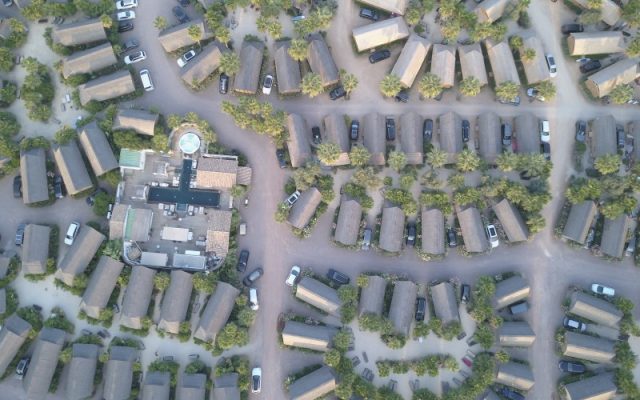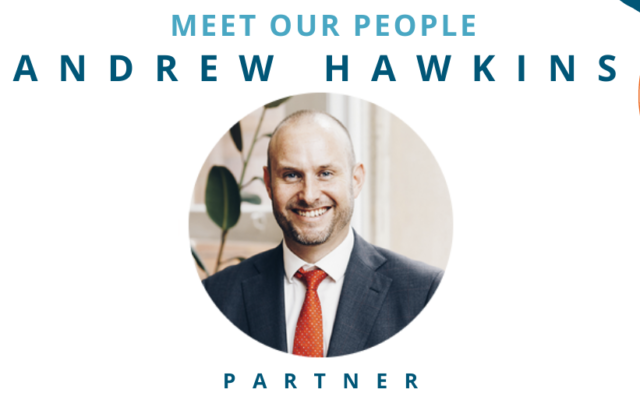
Carving out space for reflection
“Daring leaders work to make sure people can be themselves and feel a sense of belonging.” – Brene Brown
After a challenging few months of reacting to and reconfiguring our work for the Covid-19 environment, I was grateful to take a few days out in later July to attend the (virtual) Women and Leadership Australia Symposium. Here are my take-aways for all leaders.
Resilience is not just something we have or lack in equal measure over time.
As the pandemic creates uncertainty and a sense of isolation, we need an eye on our resilience. What can we do when we are feeling deflated? How can we boost our own resilience to support a colleague or a friend when we notice they are running low? This might mean looking outside work to your family (however you define that) as the base through which you grow and flourish.
Gail Kelly (author and former Westpac CEO) had some wise advice. In her view, resilience is easier to cultivate when you love what you do, aim to have a positive outlook, and build a strong team around you. She reminded us that people watch not only what you say, but also what you do, so it’s important to try and remain calm.
Remote working and flexible working are not the same thing.
The pandemic has taught many businesses that more roles work remotely than previously thought possible. One of the positives of remote work is the potential for roles to be more accessible to a more diverse range of people, including people with disability.
But remote working does not necessarily equal flexible working. Remote work is about our location, while flexible work means having a choice in the time of day we work and rethinking the way a role is done, including whether it is shared across more than one person. It’s important to remember that while remote working has given some of us greater flexibility to support home schooling or caring for family, this is not true for everyone.
As Ann Sherry AO (Chair, UNICEF Australia) put it, extraordinary time like those we are experiencing now give us opportunities to do things differently, but there is also a danger that we revert to ‘old ways’ as the pandemic eases. To maintain any increase that in flexibility, we may need to argue for it. We’ll need to be conscious that while many people want to continue working remotely at least part-time, remote work is not everyone’s preference. And, if we do end up with some people working from the office and some working from home, we’ll need to find ways of ensuring opportunities are offered equally; not just to those visible in the office.
Language matters.
The words we use are important. Using terms like ‘man of the match’ subtly but importantly shape people’s thoughts about what it’s possible for them to achieve in life. And, as Lisa Sthalekar (Australian Cricket Commentator; Former Cricketer and Captain of Australia’s International Women’s Cricket) says: “If we don’t change it, who will?” It can be lonely when you first speak up, but once you do, others will follow.
On speaking up, Catherine Fox (Journalist, Author and Walkley Award Winner; Director of Diversity, WLA) also had some wise advice: “Pick your time, but don’t compromise your principles.”
Don’t fear the future of work, prepare for it.
Both Emma Hogan (Secretary, NSW Department of Customer Service) and Jessica Mizrahi (Associate Director, Deloitte Access Economics) pointed out the skills we need will keep changing, so we should shift our thinking about workforce planning to focus on the skills and mindsets we will need, rather than the roles. Mizrahi pointed out that we will need people who are more than ‘smart’; we will need people who have a heart and who are adaptive. Jess identified customer service as the number one identified skill in demand in Australia.
Align around purpose and values.
Purpose and values are crucial and must be brought to life across a business. There’s value in reflecting on how we are living up to these and working with people whose values align with ours. It’s important to ensure reward systems align with our purpose and values, and that decisions are made through the lenses of purpose and values. As Narelle Anderson (Founder and Director, Envirobank), beautifully demonstrated, we can reflect those purpose and values in the stories we tell.
Reflection requires space.
The symposium reminded me of the value of creating a regular space for reflection. In the initial days of Covid, I worked with my colleague Sharon Marra-Brown on a tool to support people and organisations to move through reaction to reflection and refinement of their actions. But, over the past few months, I’ve been better at supporting others to reflect that at carving out the space for reflection myself.
I’m conscious of framing reflection as a positive, rather than a punishment for failing to live up to unrealistic perfectionist standards. The final presenter, Virginia Trioli (Journalist, Author, Radio and Television Presenter) echoed this sentiment as she shared her motto: “Make a mess and tidy it up later.”
We have all learnt so much this year about our world, each other and the way we can do business. There is much we still need to work through together, but there is also cause for optimism.




